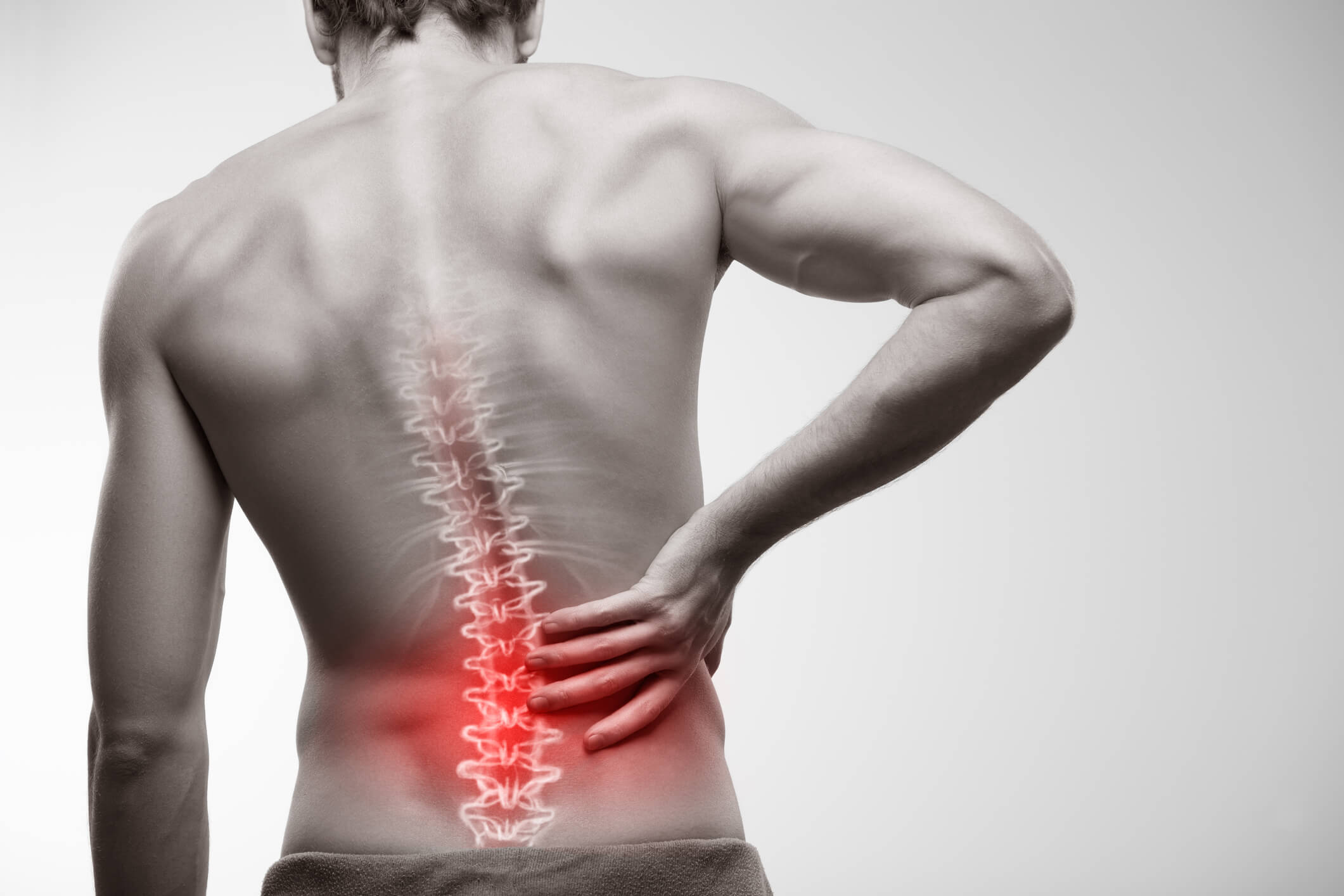Dr Deane Halfpenny
Pain Medicine Consultant
Specialist expertise: Musculoskeletal Pain Medicine, Pain Medicine, Orthopaedics, Arthritis.
A discogram is an investigation designed to help diagnose the cause of your back pain

A discogram is an investigation designed to help diagnose the cause of your back pain and to guide the treatment of damaged discs. It is a diagnostic procedure, not a treatment. The procedure can be uncomfortable but it gives the surgeon a good indication as to which discs are most likely to be causing the problem. The discogram may be structurally normal or may show tears in the lining of the discs. Pain in the facet joints of the spine, or the sacroiliac joints can cause similar pain to ‘discogenic’ pain and this procedure helps decide which is which. The best way to tell if the pain is from a damaged disc is with a discogram. The results of the discogram can be used to plan surgery, if necessary.
Your consultant will provide you with all the relevant information before your procedure along with any preparation you may need to do in the days leading up to your surgery. It is important to tell your consultant about any medicines you may be taking, including any over the counter pain medicines such as paracetamol or aspirin.
You may need radiological (imaging) tests before your surgery, including ultrasound, x-ray or an MRI scan.
Do not eat (this includes chewing gum) or drink for 6 hours before you are due to have surgery otherwise your surgery may be delayed or rescheduled.
Please ensure you have a competent adult available to take you home after you leave OneWelbeck Orthopaedics.
The procedure is performed as a day-case in theatre and will last approximately 30-45 minutes depending on the number of discs to be injected.
Injections are performed under sedation, using x-ray guidance to ensure safety and accuracy. The anaesthetist will inject the sedative into a vein in the back of your hand and you will fall asleep. Your surgeon will numb the skin and deeper tissues with a local anaesthetic.
The surgeon will insert needles into each disc and you will then be woken up by the anaesthetist. When a normal disc is injected, you may feel a sense of pressure but not pain. When a damaged disc is injected, you will feel the normal pain. The surgeon will ask you if the pain you are feeling is your normal pain or different.
The injection consists of x-ray dye and saline to reproduce your symptoms.
After your surgery, you will be watched by your dedicated nurse at OneWelbeck Orthopaedics for the few hours. The nurses will check your clinical observations, injection sites and ensure your safety. You can drink and eat after the discogram. Please seek assistance the first time you get out of bed in case you are still feeling the effect of the sedation. You may feel sleepy, dizzy and/or slightly nauseous which is normal after intravenous sedation. When you have passed urine and walked around your room/corridor safely you may be discharged.
It is important to rest to give your injury the best chance of healing.
Make sure you follow any advice given to you by your consultant orthopaedic surgeon including any advice on pain relief, wound dressing and any exercises you may be given.
A follow up appointment will be made with you to discuss the findings and treatment plan.
The most common side effect is pain/discomfort at the injection sites which may last for a few hours or occasionally a few days.
We boast a truly integrated team of orthopaedic surgeons, sports medicine physicians, podiatric surgeons, rheumatology specialists, paid medicine consultants and hand therapy specialists. All of these services work together in one place, enabling us to give patients the best care possible.